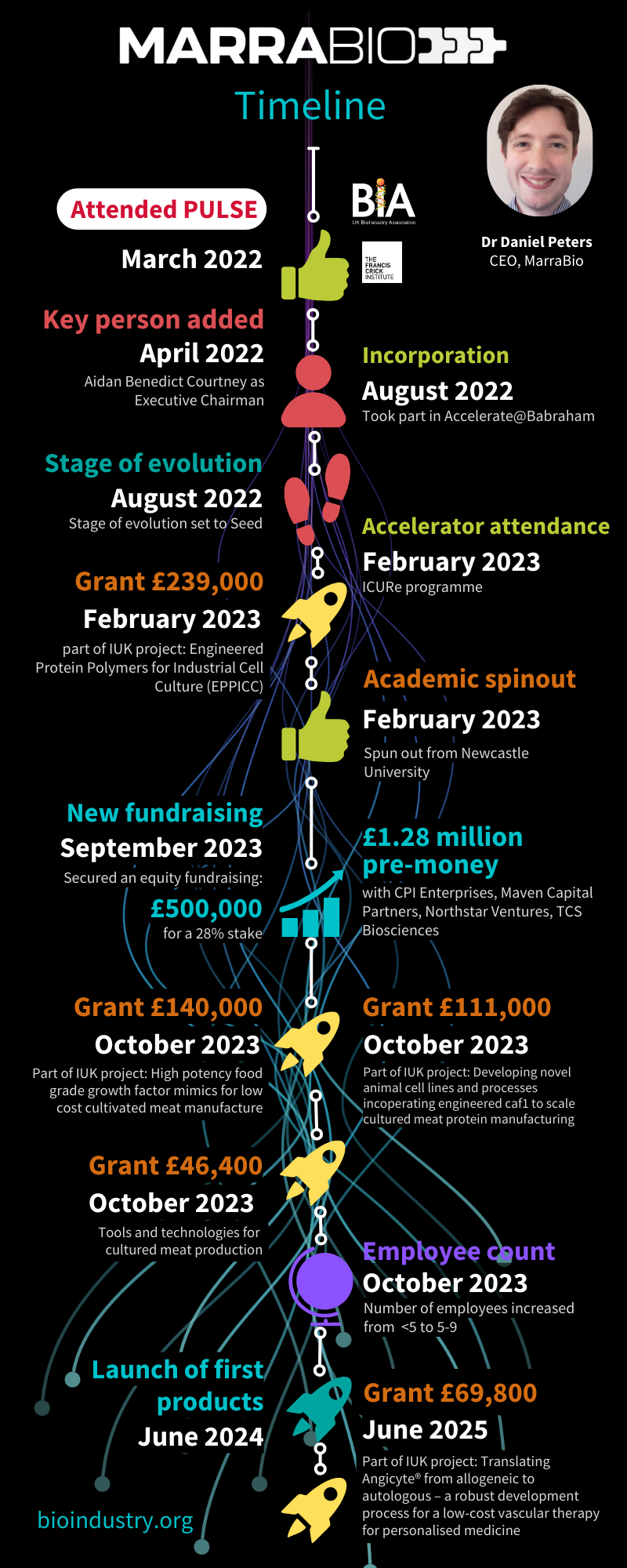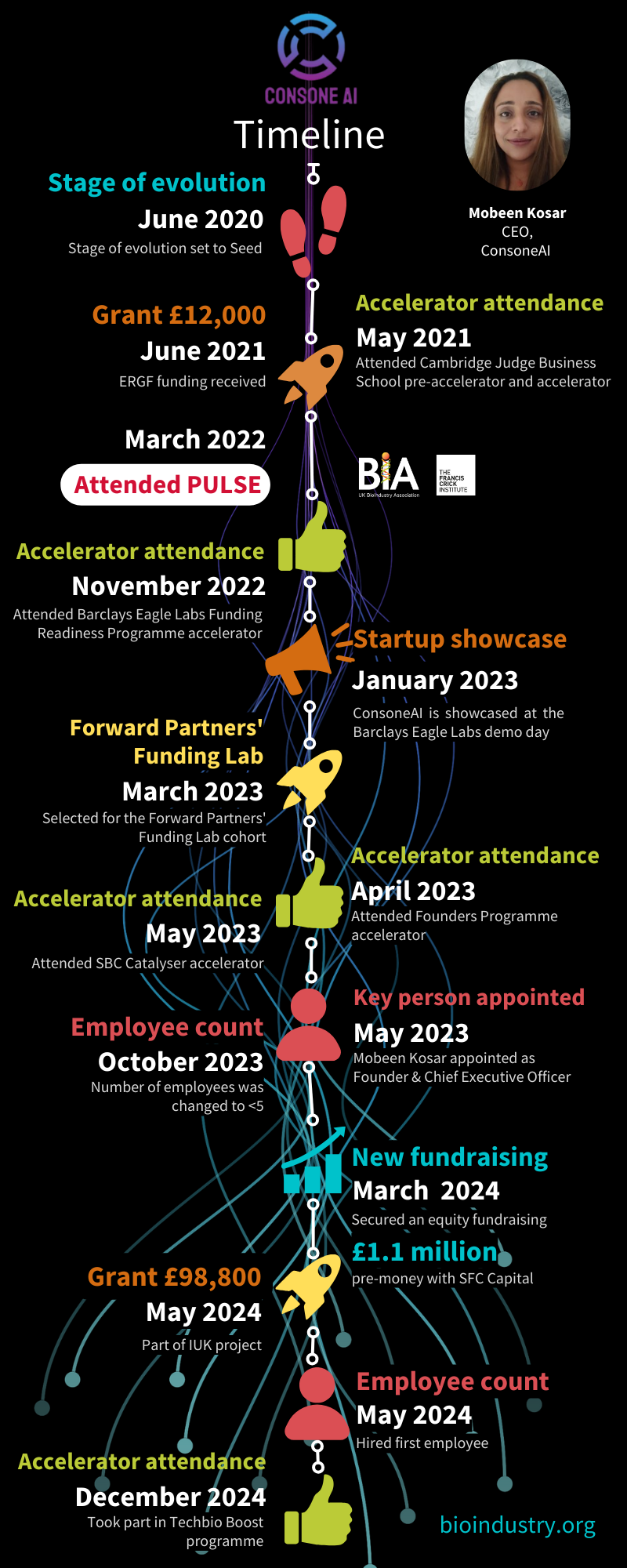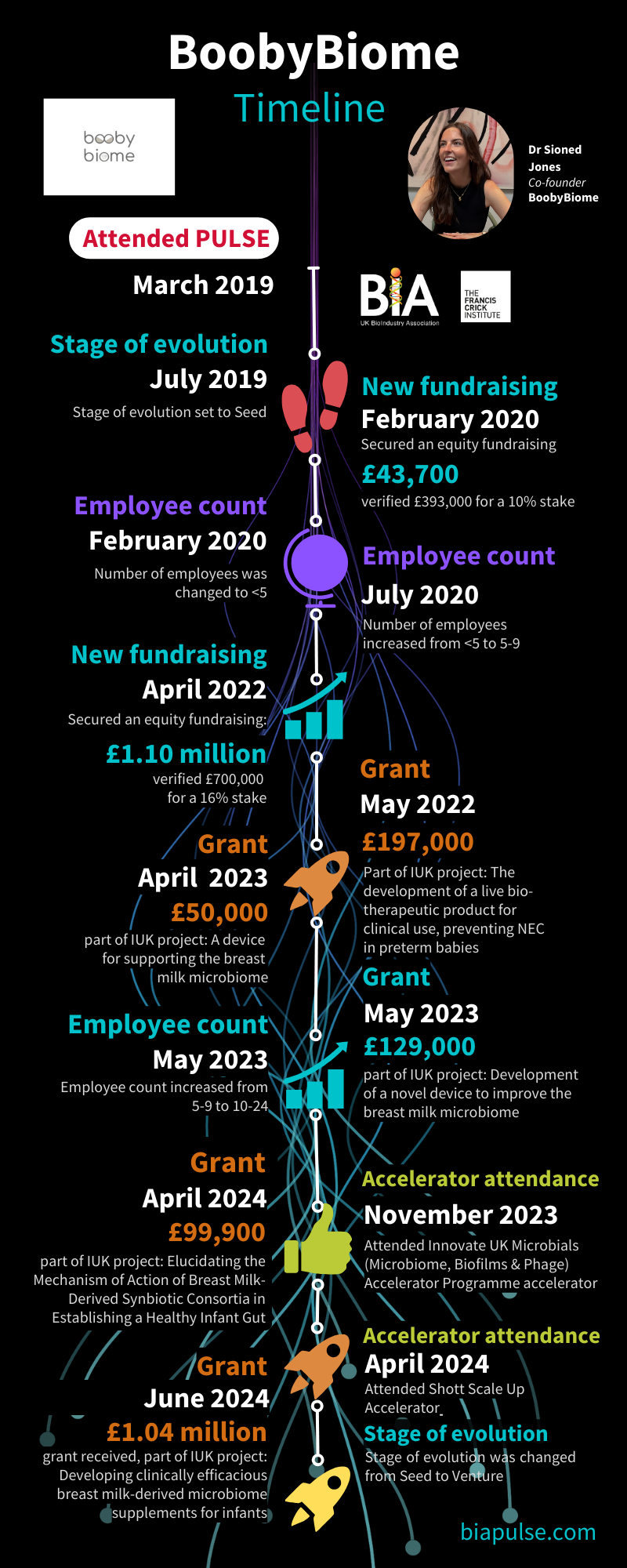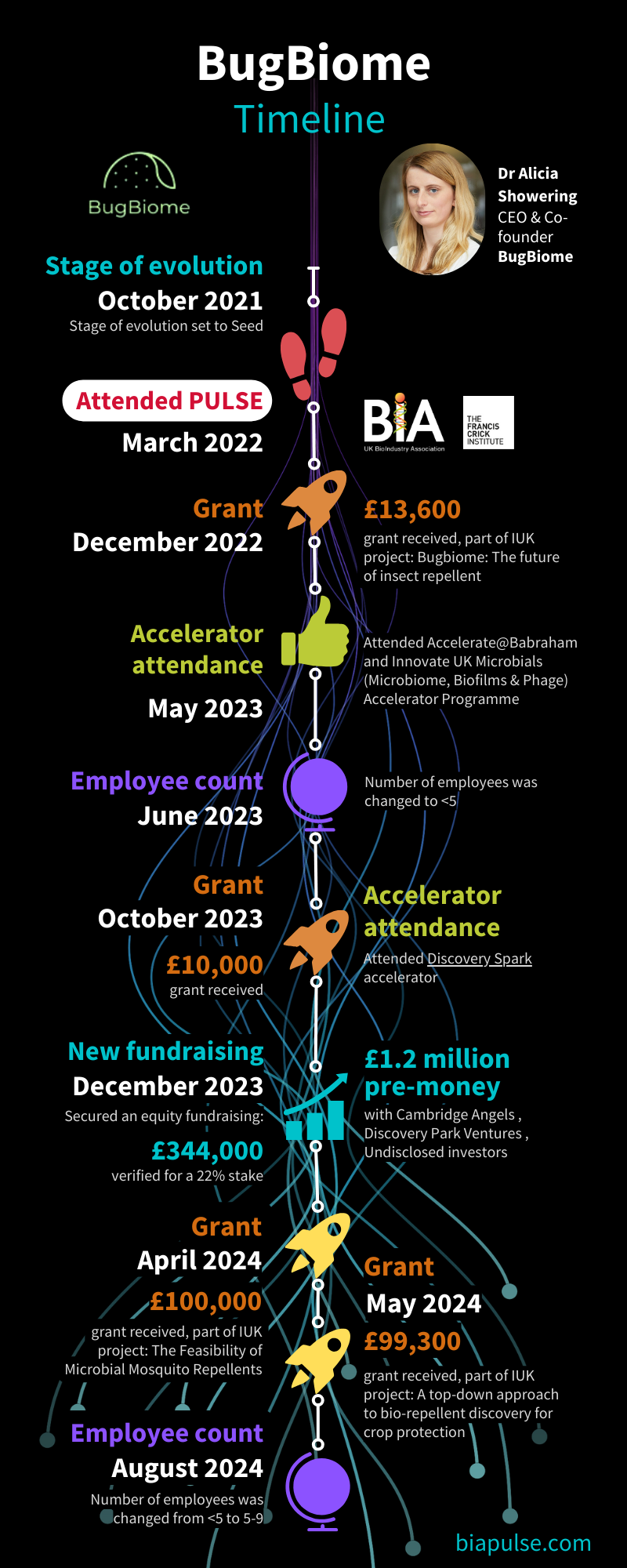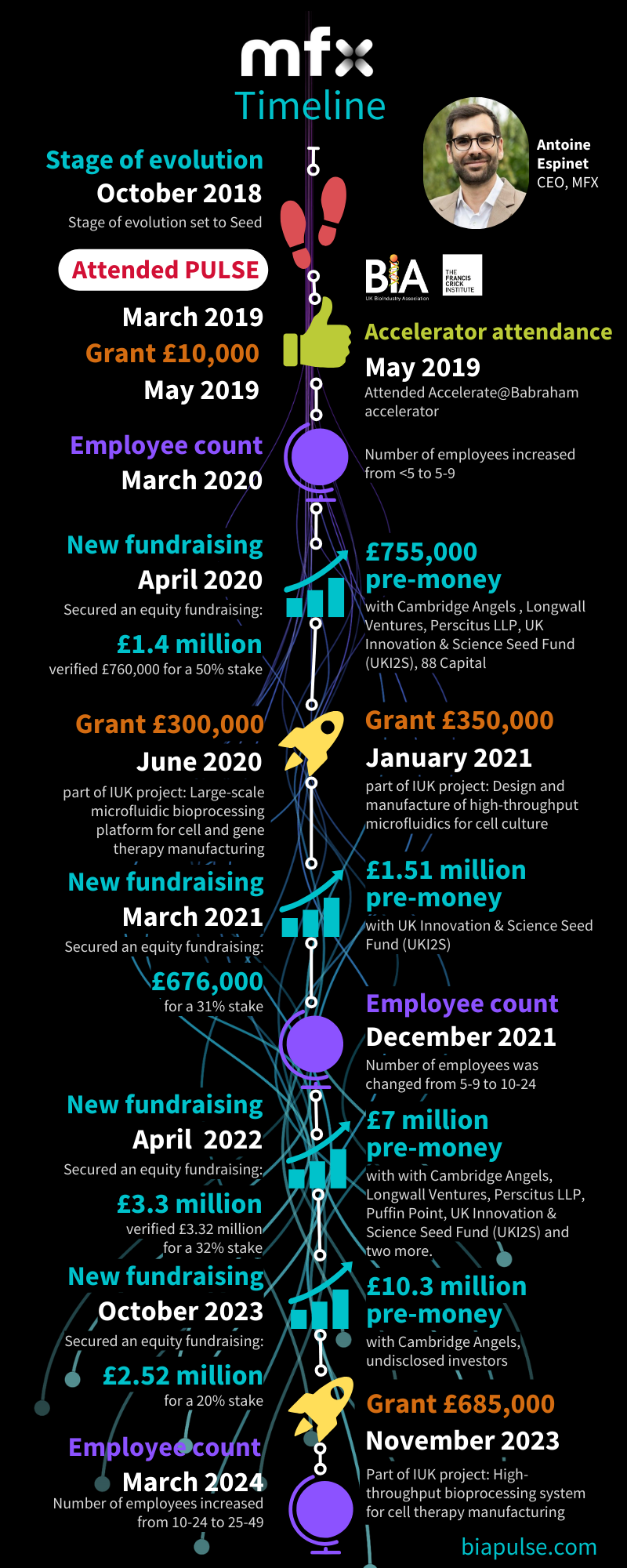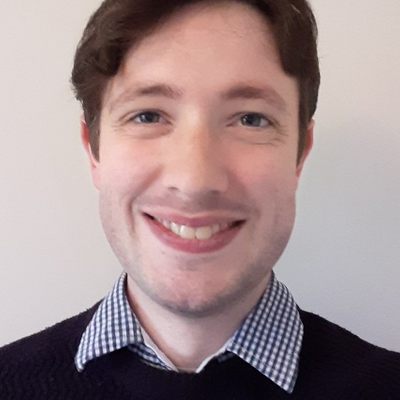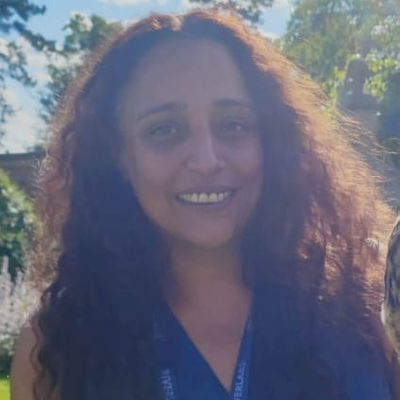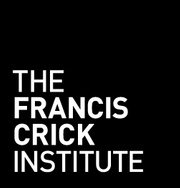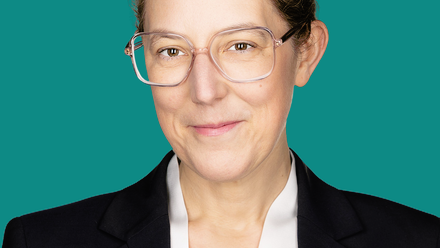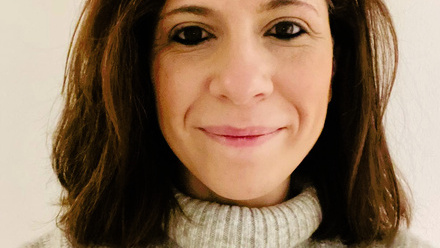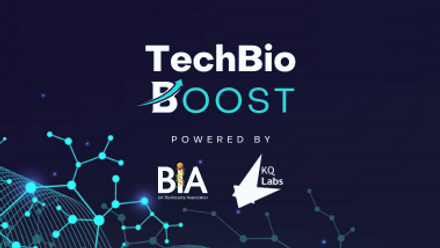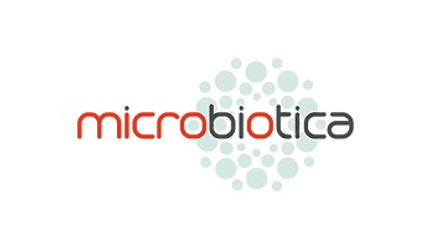PULSE: Empowering the future of UK biotech
New alumni case studies added for 2025!
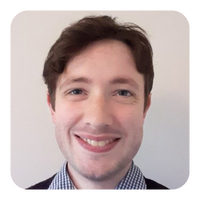
MarraBio is an innovative company focused on developing cutting-edge solutions at the intersection of biology and technology.
They are dedicated to translating novel scientific discoveries into tangible products that address unmet needs in the life sciences sector.
Read this case study where Daniel Peters shares more about his entrepreneurial journey and the key factors in MarraBio's success.
What notable milestones has your company achieved since completing the PULSE programme?
Since completing the PULSE programme, we've achieved significant milestones including incorporating the company and completing our spin-out process with the University. We have secured five Innovate UK-funded grants, totalling approximately £750,000, which has been crucial for our early development. Our team has grown from 4 founders to a total of 9 (8 FTE), demonstrating our rapid expansion. On the commercial front, we have successfully launched our first products and generated our first sales, marking our entry into the market. Furthermore, we have continued to innovate, filing two new patents, and have successfully completed our seed investment round, providing a strong foundation for future growth.
What do you think are the key skills or capabilities that a life science entrepreneur needs?
The key skills a Life Science entrepreneur needs are (i) to be highly collaborative, (ii) to be able to focus on the commercial aspects of a technology, and (iii) to be resilient.
Being highly collaborative is important because, as a small company, you need to be able to take all the help you can get. As a spin-out leader, you must interface with a wide variety of people, from customers to your team, research collaborators, KOLs and support services. It is important to know how to be able to communicate effectively with all of these people and to be able to build strong and productive partnerships. Being collaborative is critical when you have a small team, ensuring that everyone is able to work effectively together towards the company’s goals. It is also a key skill in building partnerships with larger organisations, whether in exploring commercial relationships with other companies or building research collaborations with other teams to secure grant funding and deliver important proof of concept data.
Coming from a scientific background, it’s easy to assume that the technical side of the business will be straightforward. However, it’s important to stay focused on the commercial aspects of the technology in order to build a successful business, and not be distracted by research activities that won’t directly lead to revenue generation. It is also important to ensure that research is guided by customer requirements, focusing on market pull rather than technology push, in order to make products and services that will solve real needs and have sufficient demand.

ConsoneAI, led by Director Mo Kosar, is at the forefront of leveraging AI to navigate the complexities of the life sciences sector.
They are developing innovative solutions to streamline development pathways and enhance clinical and commercial impact.
Read this case study where Mo Kosar shares more about his entrepreneurial journey and how he successfully transitioned into the industry.
Coming into the life sciences sector from outside the industry, one of my biggest challenges was navigating an unfamiliar ecosystem. I didn’t have the networks, the language, or a clear understanding of what the sector needed most. The PULSE programme was a turning point. It opened doors, gave me clarity, and connected me with the people and knowledge essential to shaping our company’s development.
The programme provided a focused, practical introduction to the challenges and opportunities of building a life sciences business. It brought together experienced founders, investors, and sector experts who shared honest, valuable insights. The sessions helped me understand what makes a compelling value proposition, how to engage with investors, and how to structure a development pathway that aligned with regulatory and commercial expectations.
One of the most valuable aspects of PULSE was the access it gave me to a credible, supportive network. Through the BIA and the programme, I connected with mentors, peers, and potential collaborators – many of whom have continued to be part of our journey. As someone without prior industry connections, that network has made a significant difference.

BoobyBiome is a company that sells products to support breastfeeding and is run by three female scientists passionate about helping babies.
They collaborate with experts to develop products that improve the health of both babies and mothers.
Read this case study where Sioned Jones, Co-founder of BoobyBiome shares more about her entrepreneurial journey.
What notable milestones has your company achieved since completing the PULSE programme?
On the funding side, we’ve secured six Innovate UK grants, totaling £2.6 million. That includes two Biomedical Catalyst grants, a Smart grant, and a Woman in Innovation award. In 2021, we raised £700,000 in pre-seed investment, led by Venrex, and in 2024, we closed an ASA round with participation from Evenlode Investment, Kayan Ventures, and some notable angels. We’ve also been recognised in Forbes 30 Under 30, which really helped spotlight our work.
On the scientific front, we’ve had some major breakthroughs. We built the world’s first shotgun metagenomic database of the breast milk microbiome, developed a biobank with proprietary strains that are unique to breast milk, and created a bioinformatics pipeline that scores strains based on their function in the infant gut, which we validated in the lab. We’re now working on scaling these for inclusion in our Synbiotic product for formula-fed infants.
One of our most important discoveries was that the breast milk microbiome gets destroyed when pumped and stored. So, we developed a device that mimics the conditions in the infant gut and breast, keeping the microbiome intact. This device preserves probiotic bacteria, antioxidants, extends shelf life, and prevents the growth of pathogens. We filed a patent for it last year, and we will be launching it next year to breastfeeding parents, with intention to pilot it in hospitals later.
Most importantly, we’ve built an incredible team of scientists - from microbiologists to bioinformaticians - who have been key to everything we’ve achieved. And none of this would be possible without the incredible community of mothers who donate milk and make our research possible.
What are the main challenges you faced in launching your company?
One of the biggest challenges has been just how complex the science is. The breast milk microbiome is really intricate, and getting our database and biobank to the point where they could actually drive product development took a lot of time. It wasn’t just about cutting-edge research—we had to build in-house platforms and find investors who not only funded us but also understood that the process would take a while.
On the operational side, scaling from research to commercialisation came with its own set of challenges. Finding the right product developers, manufacturers, and suppliers wasn’t (and still isn’t) easy. Getting the science right is one thing, but then figuring out the logistics behind it added a whole new layer of complexity.
What were the key factors in overcoming these for you?
Winning Innovate UK grants and raising two rounds of investment really helped us push through those challenges. Innovate UK has been amazing for funding early-stage research, which is so important for advancing scientific discovery. It allowed us to focus on developing our technology without the constant pressure to commercialise right away. And having investors who truly believed in our vision gave us the breathing room we needed to keep moving forward.
Another big factor was building the right team. We’ve brought together a talented group of scientists and business experts, each with their own specialised skills that have been key to our growth. On top of that, we’ve set up a board to guide us strategically and have external advisors who bring in expertise we don’t have as founders.
Can you share any specific examples of how the training or advice you received directly impacted your company’s growth or strategy?
The network we built through PULSE has been unbelievable, and we still talk about it today. Many of the investors we’re now speaking to at the seed stage were connected to us during the early days of PULSE.
We also gained essential insights into the nitty-gritty of running a company - things we had no idea about in the beginning, like how to get R&D tax credits, legal considerations, and hiring. Having that practical knowledge early on really helped us navigate those first stages and set the foundation for longer-term success.
What are your company’s goals for the next few years, and how do you plan to achieve them?
Our main goal in the next few years is to launch our device to market, which will be a huge milestone for us. Alongside that, we’re continuing our research on our synbiotic, and we’re going to be collaborating with the University of Reading for artificial gut testing. Once we have the data, the next step will be to manufacture the synbiotic and conduct an intervention study in infants to further validate its impact.
Another major focus is closing our seed round, which will allow us to expedite these plans and bring our products to market faster. The funding will help us scale operations and push forward with research.
What single piece of advice would you give someone following in your footsteps?
My advice is to find co-founders who truly align with your vision and build a strong, trusting relationship with them. Your network can open doors and offer support, but it’s your co-founders who will be by your side through the highs and lows, sharing the weight of every decision. That partnership can make or break your journey.

BugBiome is a biotechnology company that uses the power of good microbes to control pests.
They develop safe and eco-friendly bioinsecticides to protect crops without harming people or animals.
Read this case study where Alicia Showering, CEO & Co-founder, BugBiome shares more about her journey as a biotech founder.
What notable milestones has your company achieved since completing the PULSE programme?
We’ve had quite a few – we pivoted to a different application of our core technology, and used that to both raise our pre-seed and win Innovate UK grants to support our R&D. We also built a great team, incorporating experience in entomology, microbiology and BD. We also developed MVP hardware and a platform for identifying biopesticides.
What are the main challenges you faced in launching your company?
Finding a co-founder that was a good complement to my experience and expertise was tricky, as was building a team with no cash in the bank yet! Once that was done, it wasn’t simple to find an investor to lead our pre-seed. Also, somewhat uniquely for a biotech start-up, we had to find lab space suitable for rearing insects!
What were the key factors in overcoming these for you?
Building a network of capable people we could lean on was key, and the support of people that had done it before really made a difference. I also find that my mindset helped – I think smashing through walls is part of the fun!
What do you think are the key skills or capabilities that a life science entrepreneur needs?
You need to be a generalist, and enjoy spinning many plates at the beginning. You are CEO, CSO, CFO, administrator and janitor initially, and you do the things nobody else wants to do. Beyond just your science skills, you need to be able to handle lots of other business critical tasks, or find the people that can help you learn how to handle them!
You also absolutely need the drive and pace to keep going and get things over the line!

MFX produces the Cyto Engine, a platform for manufacturing cell and gene therapies.
It is designed to help with the commercialisation and clinical translation of life-saving medicines.
Read this case study where Antoine Espinet, CEO of MFX shares more about his journey as a biotech founder.
What notable milestones has your company achieved since completing the PULSE programme?
Many! After dozens of iterations and hundreds of market research interviews, we have productised our bioreactor cassettes and are almost ready to launch. It was years of product development, testing, validation but we got there.
Forewords

Barbara Domayne-Hayman
Entrepreneur-in-residence
Francis Crick Institute
It has been a great pleasure for the Crick to work closely with the BIA on the PULSE since its inception in 2018, and a privilege to work with so many aspiring entrepreneurs.
PULSE provides a unique opportunity for people, mostly coming from the academic science setting from all across the UK, to explore their business propositions and test their robustness in a ‘safe setting’, with experts. Because the participants need to bring a business idea – not just a technology with no plan for its application, nor just a desire to do something entrepreneurial – this selects for participants that already have real entrepreneurship intent.
After three incredibly intense days of bootcamp, participants leave inspired from listening to panel discussions with entrepreneurs a few years further along in their journeys. They have also established the beginnings of their own network with key experts and industry veterans. And importantly they have increased confidence to take their next steps from having road-tested their proposition with multiple real investors.

Sam Cruickshank
Programme Manager
BIA
The UK continues to have an incredibly vibrant ecosystem of life science start-ups, working to deploy biology to solve society’s greatest problems, from therapeutics to previously intractable diseases and diagnostic tools to enable these to be deployed appropriately, to new manufacturing techniques or life science applications to enable us to live more harmoniously with nature. The outstanding academic landscape in the UK, with the breadth of talent and cutting-edge research that it produces, creates opportunities for a huge number of new companies to take that research and translate it into actionable innovations that can improve our lives.
 Read more
Read more
However, that process also represents a number of challenges. The most obvious of these is the need for funding, but the prospective entrepreneur will also grapple with intellectual property, building a team, internalising lessons of leadership, communicating effectively, understanding the regulatory pathway, and many more. Taking an innovation from the academic lab through to deployment will therefore require a budding life science leader to enlist the support of many different people with a diverse array of skills. Part of the BIA’s mission is to enable these connections, bringing the sector together so that people can find the right support at the right time, and PULSE is an excellent example of this. PULSE is a three-day entrepreneurship boot camp run by the BIA and the Francis Crick Institute, aimed to take academics and introduce them to the skills they will need to succeed.
This report will consider the impact of the PULSE programme in a number of ways. Starting from a discussion of the wider sector, the opportunities and challenges facing life science entrepreneurs, and the necessity of external support on the company journey, we will go on to present a series of case studies of companies that have passed through the PULSE programme. All these companies are of different ages and operate in different parts of the life sciences space, but all are bringing an innovative and exciting approach to addressing major problems in the world. We will look at the concrete data points of the company journey as they raise, grow, and engage with the sector, and contextualise this by hearing how they have overcome the challenges involved in running a life science company in their own words, and where they have found the support they need to develop. Finally, we’ll consider the alumni of PULSE as a collective, looking at how they have gone on to raise investment, attract grant funding, and engage with other organisations that have supported their journey.
PULSE's impact
The role of PULSE in shaping biotech innovation
The UK has a strong university ecosystem carrying out cutting edge research across the full breadth of life science disciplines. To enable these discoveries to have a practical impact for societal good, it is essential that they are spun out from the academic context into companies that can continue to develop them. The past decade has produced a vibrant community of start-ups in the UK, tackling many of the biggest problems facing the world. However, the path from academia to industry leader is not always obvious, and there are many challenges that face a budding entrepreneur as they establish their company.
PULSE – the Programme for Up-and-coming Life Science Entrepreneurs – was launched in 2018 to help new entrepreneurs quickly understand how innovative ideas are made into reality through commercialisation, and to provide them with an instant open door to a network of important connections. The free three-day programme brings together 25-30 nascent entrepreneurs and introduces them to a wide range of experts in the sector for a mix of sessions, talks, and interactive exercises. It aims to cover as many aspects of early-stage life science entrepreneurship as possible, from investment strategy and intellectual property to building an effective team and developing a business plan. Interspersed amongst these are networking opportunities to enable attendees to build the contacts needed to address the various challenges they face. There are many other entrepreneurship programmes in the sector but we believe that PULSE holds a unique place in the ecosystem – a short but intense immersion that brings the sector together in support of the next generation of life science entrepreneurs, underpinned by firm collaboration between the UK’s national trade association and one of the most impressive biomedical research institutes in Europe.
Nurturing future biotech leaders: An investor's perspective on PULSE

Rebecca Todd PhD, MBA
Venture Partner, Longwall Ventures
Advisor, KQ Labs
It is a frequent complaint that the UK has world-leading academic research, but is not so good at translating that research into commercial and business success. Such commentators reference equity gaps, bemoan a lack of scale-up finance and point to a need for more venture capital finance. All of this true to various degrees, but most of all commercialisation requires people to step up to champion the technology and lead the difficult process of commercial development – it needs bold entrepreneurs.
The PULSE programme recognises this need. Since 2018 it has taken a small, select cohort of the most promising potential academic entrepreneurs from all around the UK and given them an in-depth, whistlestop baptism into the world of entrepreneurship and business leadership. It takes them out of their familiar academic environments and exposes them to world-class industry and business leaders, top investors in their sectors, experts in key fields and, of course, to each other, as a cohort of specially selected would-be entrepreneurs.
It’s the quality of the programme and the participants that keeps me coming back and offering a little bit of my time and experience each year, along with a network of other contributors that I am proud to count myself amongst. It is rare to get access so many relevant investors in such a short space of time, and the programme gives participants and their science unprecedented exposure.
Initiatives like this to support entrepreneurship and commercialisation have played a huge role in developing the UK as a rich source of high-potential start-up companies. While there are structural gaps and things we can do better, the UK punches above its weight globally. I have heard international investors comment that, in general, they find UK start-ups more investment ready and mature in their commercial thinking than start-ups in other countries in Europe, and that this is down to programmes like PULSE that move future business leaders along the learning curve and thinking commercially faster and better.
Long may it continue!
PULSE data
PULSE overview in data
It takes a village to build a successful biotech, and it is of course impossible to attribute the success of any company to a single factor. The hard work and dedication of the founders and their teams, excellence of the underlying science, support of the community, and appropriate financial backing all come together to create stellar life science companies.
However, the BIA and the Francis Crick Institute are proud that PULSE has played a role in the journey of participating start-ups and are delighted to see alumni continue to develop.
Since the launch of the programme, companies that have participated in PULSE have gone on to raise a total of 69 times, with a combined value of £530 million, and a median value of £380,000. The value of raises rose through the first few years of the programme as initial cohorts matured.
Data collection
The initial sample consisted of companies whose founders or directors participated in the PULSE program. 84 companies were identified based on PULSE attendance records.
Out of the 84 identified companies: Financial and business-related data was available and collated for 62 companies using Beauhurst and Pitchbook. All data was gathered for the period spanning from 2018 to 2024.
The effect of cooling markets in the immediate post-COVID era of 2023 can be clearly seen, in the number of raises, and especially in the value of these. Start-ups consistently cite access to capital as one of their key challenges, and this was especially acute in 2023 as the wider markets encouraged investors to focus on existing portfolios rather than invest heavily in new prospects.
2024 appears to be showing green shoots from an investment perspective - while the year is not year over, we’ve seen a similar number of raises for PULSE alumni to the total of 2023, and a higher value of raises.
The raises to date are dominated by seed rounds, but there have also been a smaller number of Series A raises in recent years.
There is a wider trend in the UK life science landscape for capital to be more accessible for early-stage companies with smaller required sums to develop, while more established companies find it harder to access the larger sums required to scale. The data here reflects companies going through PULSE at a very early (spinout) stage, and corresponding higher numbers of seed raises.
PULSE alumni have also been consistently successful at securing grant funding to further develop their work, and this funding has come from a wide array of sources:
We would expect to see Innovate UK in a prominent position for early-stage grant funding, as the body has been a long-standing provider of support to early-stage life science SMEs. The dominance of the EICF is somewhat surprising, however, given access to the fund was restricted while the UK was not part of Horizon. It is also encouraging to see the role of specialist grant funders for particular universities – and the existence of these funds may help support an ecosystem of spinouts from these institutions.
Raises are not the only way to track success, however, and a number of PULSE companies have secured partnerships with other ecosystem players to support their operations, or to explore new modalities. A sample of these collaborations is given below:
As previously stated, PULSE is not the only programme supporting early stage companies, and PULSE alumni have taken part in a wide variety of accelerators and incubators. Most of these attendances were post-PULSE, but in some cases companies have come to PULSE having already completed another programme. The synergistic nature of many of these programmes enables companies to bring lessons from one into another, and helps knit the wider community of start-ups together by giving them more opportunities to connect with others on the same journey.
This data is most notable in its variety – while some accelerator programmes have contributed more than others to the ongoing growth of PULSE alumni, there is no one dominant provider. This reflects the rich ecosystem of supporting organisations that exist in the UK (catalogued in the BIA Innovation Map). With such a breadth of accelerators, there is perhaps an opportunity to encourage dialogue and share lessons learned. No one solution will be fit for all start-ups, but by combining experience we may be able to refine the offerings available to be as effective as possible.
PULSE alumni companies have also contributed to the wider life science economy, providing an estimated 282 jobs to UK life sciences across 62 companies, for an average of 4-5 people per company. With the very long runways expected in life sciences, we would expect smaller teams for early-stage companies, and so this appears to be a healthy number for this cohort.
Community and support
Community building and ongoing support
On top of the opportunities during the three days of the programme, attendees get a free year’s membership of the BIA and have access to all the opportunities that provides, including access to industry events, educational resources, and easier links to many of the key players in the sector. The three-day programme is consistently highly praised by attendees, but many say that the expansion of their network is one of the most valuable results of PULSE.
An excellent example of the opportunities available can be seen in Alicia’s story – Bugbiome was introduced to their first angel investor at PULSE and used the connection as a springboard to develop further.
While we feel justified in being proud of PULSE, this is not the only way that the BIA supports early-stage companies. The Start-up Festival takes slightly better-established companies and brings them together for a day of networking, thought leadership and mentor-style advice to forge a community and better enable companies to take the next steps. TechBio Boost, delivered with KQ Labs and supported by the UK Government, is helping a cohort of data-driven life science companies scale up further. Our Innovation Map helps entrepreneurs navigate the landscape of support programmes, and our ongoing work with government continues to put SMEs at the heart of what we do.
More broadly, we connect start-ups with the wider community through initiatives such as the Women in Biotech mentoring programme and the Life Science Leadership Summit. The former of these connects well-established women in the life sciences with those earlier in their careers, in order to pass on their wealth of experience to people who will benefit most from it. The latter brings together 80 BIA member CEOs for a retreat-style event combining workshops, thought leadership and networking to give them a chance to share experience with those in a similar position and learn more about broader trends that will affect their companies, all in a confidential and open environment.

